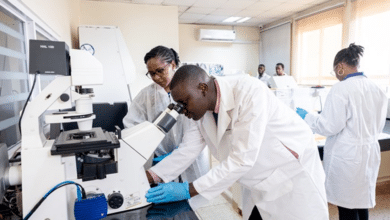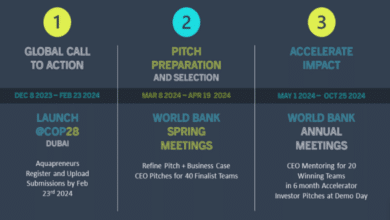8 Technical Skills to Boost your PhD Progress
8 Technical Skills to Boost your PhD Progress

Technical Skills to Boost your PhD Progress
Are you a PhD student looking to enhance your technical skills? As a PhD candidate, you are expected to have a solid understanding of your research topic. However, having technical skills can give you an edge in your field and help you make progress with your research more efficiently.
In this blog post, we will explore eight technical skills that can help you boost your PhD progress. From software tools to programming languages, we’ll cover everything you need to know to take your research to the next level. So, let’s dive in!
8 Technical Skills to Boost your PhD Progress
1. Data Analysis
Regardless of your profession, data analysis is a crucial skill in today’s world. Learning how to analyze data from multiple perspectives can provide you with valuable insights. Moreover, if you can analyze the same data from different angles, you can generate results for multiple papers, which can enhance your research portfolio.
Tips on How to Write a Good CV + Sample CV
2. Research Methodology
Having a good understanding of both qualitative and quantitative research methods is essential. While you may not become an expert in both, having knowledge of both approaches can help you choose the appropriate method for your research. Additionally, understanding experimental design and data collection techniques can improve the accuracy and reliability of your research.

3. Literature Review
With so many papers published in your area of research, it’s impossible to read them all. Therefore, you need to learn how to identify the most relevant papers and extract the knowledge you need efficiently. Critical reading and analysis of literature are also crucial skills to develop.
4. Scientific Writing
Writing in the scientific field requires a different approach than generic writing. You must justify your choices, such as the data source or analysis methods used. Additionally, bringing flow to your writing is crucial to avoid abrupt jumps that can confuse readers.
5. Familiarize Yourself with Domain-Specific Tools
In your area of research, there may be certain commonly used tools and software that can help you in your work. It’s a good idea to learn how to use these tools as soon as possible. For instance, you might need to use simulation tools, GIS tools, or bioinformatics tools.
How to Effectively Prepare For Your Next Career Change
6. Emphasize Data Visualization
Regardless of your field of study, visualizing your data is crucial for effectively communicating your findings to others. You can use various visualization techniques, such as graphs, heat maps, and other data visualization tools. Master the art of data visualization to make your research findings more accessible.
7. Learn Programming Languages
Programming can help you automate a lot of tasks and save you time. It’s important to learn how to use common libraries in languages like Python and R. These programming languages can be used for data analysis, visualization, and other tasks.
8. Research Gap Analysis
Many PhD students struggle to identify the gaps in existing research that their own work can address. Learning gap analysis early on in your PhD journey can be extremely helpful in avoiding frustration and wasted time. It’s recommended to learn gap analysis before starting your PhD, or at least within the first 6 months.
Tips on how to Enhance your Relationship with your PhD Supervisor
Maintaining a positive and productive relationship with your PhD supervisor is crucial for your academic success. Here are some tips to enhance your relationship:
Communicate regularly: Regular communication with your supervisor is essential. Schedule regular meetings with them and keep them updated on your progress.
Be open to feedback: Be open to constructive criticism and take your supervisor’s feedback seriously. This will help you improve your work.
Clarify expectations: Clarify expectations with your supervisor regarding your research goals, deadlines, and milestones. This will help you stay on track and avoid misunderstandings.
Take ownership of your research: Your supervisor is there to guide you, but ultimately, the research is your responsibility. Take ownership of your work and show initiative.
Respect their time: Your supervisor is likely busy with other commitments, so respect their time by being punctual and prepared for meetings.
CHECK: How to Keep Clam During Your PhD Journey
Build a rapport: Building a good rapport with your supervisor can help to foster a positive relationship. Take an interest in their research and ask for their advice on your own work.
By following these tips, you can enhance your relationship with your PhD supervisor and set yourself up for success in your academic career.
Conclusion
Mastering technical skills is essential for PhD students looking to boost their progress. From data visualization to programming languages like Python and R, these skills can have a significant impact on your research and ultimately help you achieve your academic goals.
By investing the time and effort to develop these skills, you can set yourself apart from your peers and position yourself for success in your academic and professional pursuits. So, don’t hesitate to take advantage of the resources available to you and start developing these essential technical skills today!
FOLLOW SANGO JOBS ON SOCIAL MEDIA CHANNELS BELOW
LINKEDIN, WHATSAPP, TELEGRAM and FACEBOOK




